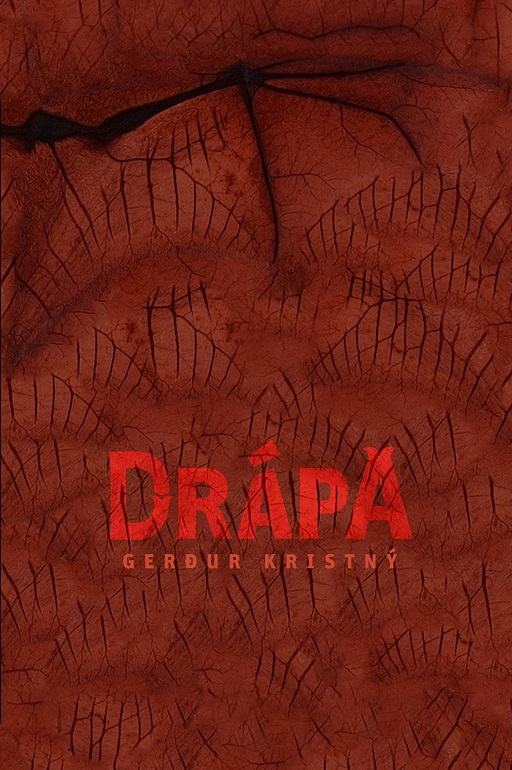In the frozen January of 1988, Gréta Birgisdóttir, 26-year-old resident of Reykjavík, Iceland, was murdered by her husband, the boxer Bragi Ólafsson. Bragi claimed the murder was an accident. The couple had been drinking for four days when a physical argument broke out. In the end, Bragi strangled Gréta with ropes before going back to sleep.
Ten years later, celebrated Icelandic writer Gerður Kristný interviewed Bragi in the very apartment where the crime had taken place. This novel-poem, which takes its form from Old Norse shield poetry and its mood from modern Nordic crime, is the product of that interview: a commemoration of one woman’s death and, through this lens, of all women who have died at the hands of violent men.
In an epic poem whose conciseness belies a mysterious and deeply powerful narrative, the Devil, in shapeshifting animal form, takes us through the events before, during and after the moment of ultimate violence, offering the victim a narrative she was denied until now.
This is Viking poetry at its most contemporary.
- Selected by Klassekampen as one of the best books published in Norway 2016
- Selected by Aftenposten as one of the best books published in Denmark 2016
„ … there is such an energy in Gerdur Kristny’s writing, in the word play and the lively scoring, the fugal interplay of techniques, that one emerges – as from a hot spring – shaken, somewhat overwhelmed by the sulphurous fumes, but invigorated.“
JOHN GREENING, EUROPEAN LITERATURE NETWORK, JUNE 2018
„… an extraordinary and powerful poem sequence, taking its structure from the Old Norse shield poetry of the Vikings, its subject matter from contemporary Nordic crime and its mood from modern Scandi noir. … a compelling meditation on the misogyny of murderous men, written after Kristny spoke to the boxer Bragi Olafsson in the room where he strangled his wife…“
KEITH RICHMOND, ASLEF, NOVEMBER 2018
„Gerdur Kristny’s first Arc Publication Bloodhoof was a contemporary, avowedly feminist, recasting of an incident from one of the Sagas. It featured a betrothal at its centre which was clearly not a happy thing from the woman’s point of view. Bloodhoof was also written in a unique style; it was a ‘pocket epic’ written in beautifully turned, tanka-brief poems; a narrative told in short lyrics. In the text, Kristny succeeded in the singular feat of conveying a set of very threatening and bloody situations in language which was both delicate and meditative. That language and form is repeated in Kristny’s new Arc book, Drápa. Both books have been translated by Rory McTurk who succeeds in rendering Kristny’s powerful delicacy into an equally measured and mesmerizing English.
… Kristny’s technique embodies a unique and compelling version of what Cixous called écriture feminine. In this case, that means creating a meditative style which shows how violence against women resonates out from a particular situation into a mythic, atavistic presence which is liable to pervade all our experience.“
IAN POPLE, THE MANCHESTER REVIEW

